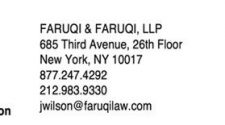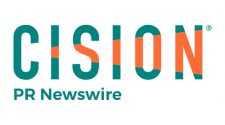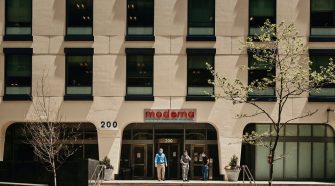SPC Founder Fellowship applications are now open. Learn more here.
The coolest thing about a career in technology is that the tiniest decisions can change your entire trajectory.
That’s the nature of an industry with exponential growth.
Wealth is created from thin air. One person’s code can impact billions of people.
Your friends can become unimaginably wealthy in less than 7 years.
It’s very weird.
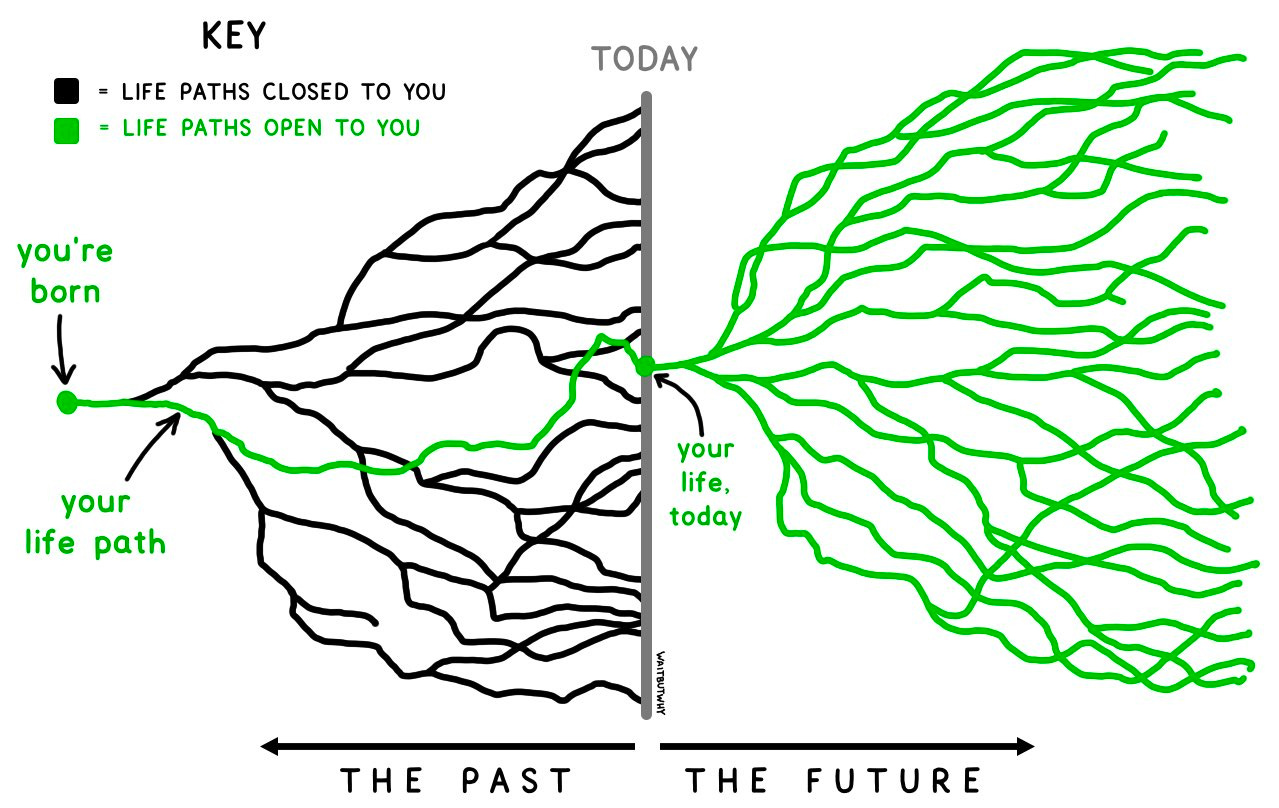
I’ve been lucky with a few of those decisions. The first was choosing a career that exposed me to randomness – namely, not becoming an accountant.
The second was starting the journey of building a lot of stuff, meeting a lot of people, and staying true to my own personal mission of never getting a real job.
The third was starting my last company with 3 months of personal runway left, which ended up making 8 figures in revenue. I sold that business a few years ago.
Last year I made what will likely be the most impactful decision of my career – joining the South Park Commons Founder fellowship.
Here’s the story.
In December 2020, I stumbled upon a ridiculous tweet.
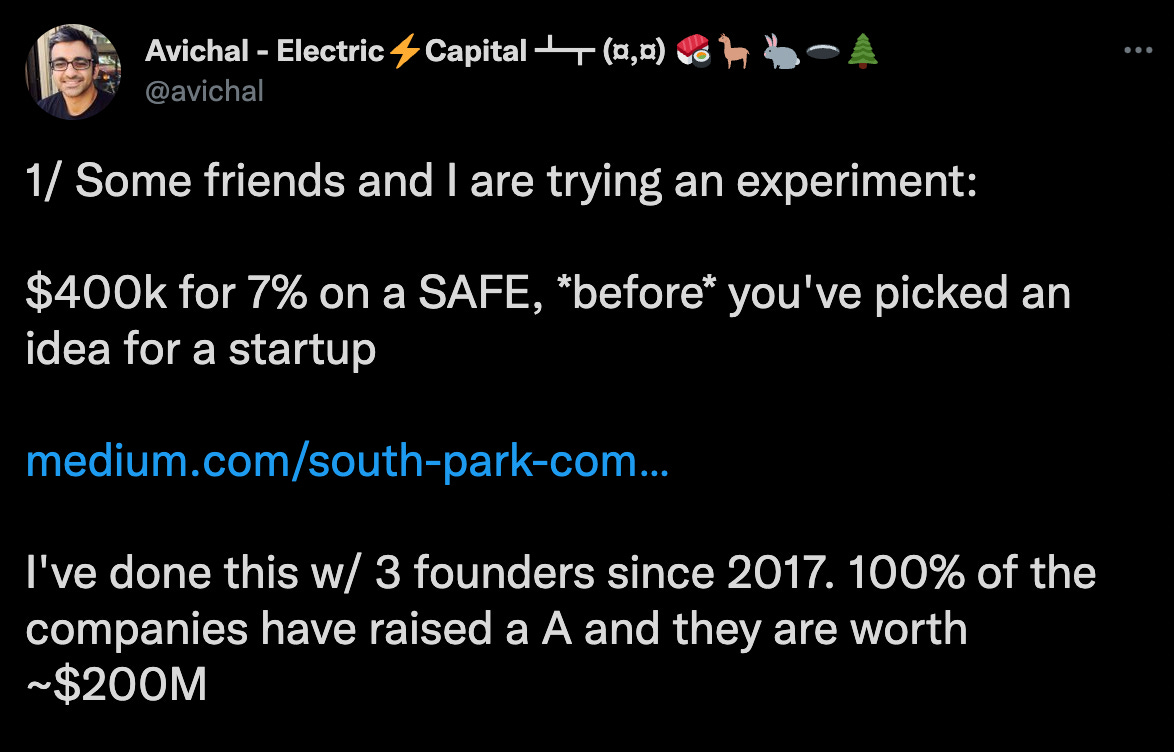
Twitter has many downsides, but exposure to randomness is certainly one of the incalculable upsides.
The idea of someone investing $400,000 before I had an idea was insane, but also a perfect fit for where I was at in my career.
I had just sold a company, and didn’t need to work for a while.
I was working on a side project that had gained some traction, but wasn’t sure I was ready to fully commit.
Despite past success, this felt totally outside of my comfort zone.
My last business was bootstrapped, and I felt I had less Silicon Valley street cred than a mid-level PM at Uber. To add to the strikes against me, I was a solo, non-technical founder. Who in their right mind would invest $400,000 “pre-idea”?
But the one thing I’ve always been good at is just saying “fuck it, what’s the worst that can happen?”
I applied, and got an interview.
Avichal and Ruchi grilled me for an hour on the project I was working on at the time, and I left the call thinking I didn’t have much of a chance – save for that tiny bit of optimism I reserved for moments like this.
At 3pm that day I got the email.
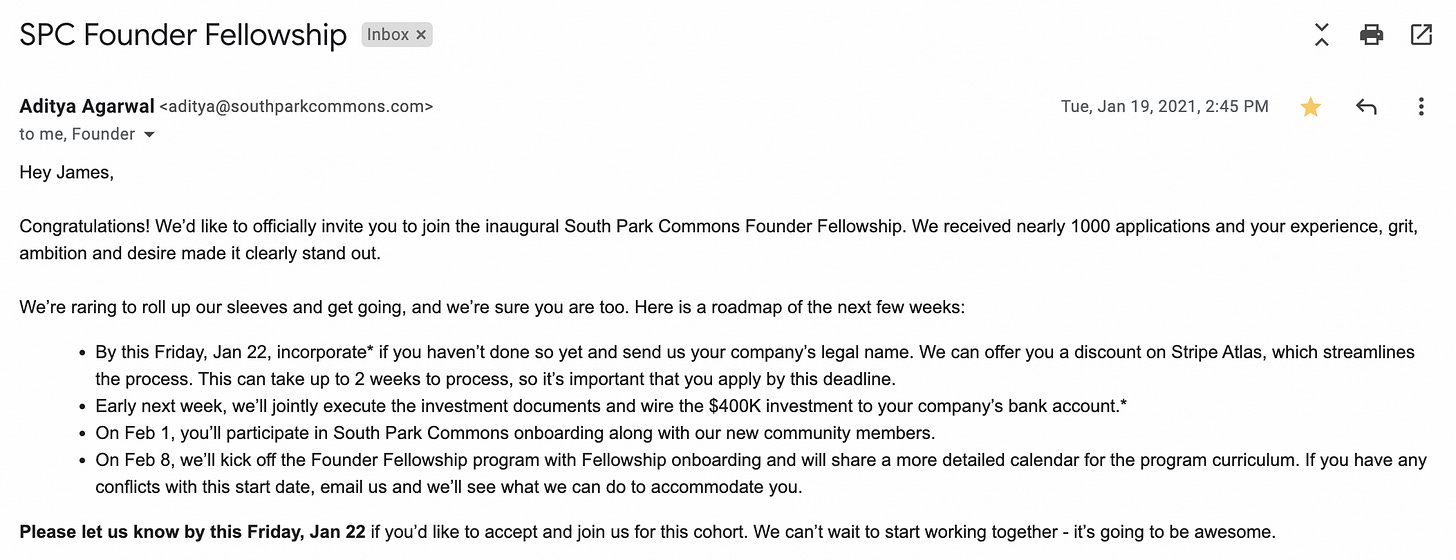
I was in.
Oddly, I teared up.
Why was it emotional? I felt an immense amount of gratitude that this group of Silicon Valley world beaters would bet on me – a kid from a small suburb of Vancouver. Beyond that, it gave me some buffer to really spend the time figuring out what I wanted to build.
My first decade of entrepreneurship was strictly survival – building things so I could eat, and eventually to reach a financial goal. I’m proud of the stuff I built, but always felt like I had potential for something bigger. A responsibility, even.
The Founder Fellowship felt like the first step to building with an abundance mindset. There was some hesitation – a heavy dose of imposter syndrome, coupled with uncertainty over whether I really wanted to build a venture-backed business and take on all those challenges.
After a year, I can unequivocally say it will turn out to be the best career decision of my life. Here were the highlights of the fellowship:
The first founder fellowship was a cohort of 14 people. We met in the midst of a pandemic, on Zoom. Everyone seemed super impressive to me, and apparently I seemed really intense and impressive to a few people too… Sorry friends – I’m not that intense. Or maybe I am.
We didn’t spend a lot of time together, but any time was high intensity. It wasn’t all business – besides spitballing on billion dollar ideas, we talked about the challenges/insecurities/vulnerabilities we were feeling. The FOMO. The opportunity costs. We were all equally proud and insecure when the first team “graduated” within a month and raised a monster seed round. Impressive.
There was no forced socializing or awkward team building activities – just focused work and support. I think that led to a deeper connection.
The first time we got together in person was magical – instant chemistry, no small-talk, and just a lot of love. There’s something special about going through this journey with a group of people in the same boat – I’ve made lifelong friends, and I can’t wait to hang out on their yachts one day.
The other advantage of going through the journey with a group of peers is the real-time knowledge and feedback loops. You work with people who just raised their seed round – they understand current investor dynamics, can give you pitch deck feedback, and can grumble about how emotionally difficult fundraising can be. It’s part therapy, part learning.
I’m amazed by FFW21 Crew, and can’t wait for the next in-person reunion.
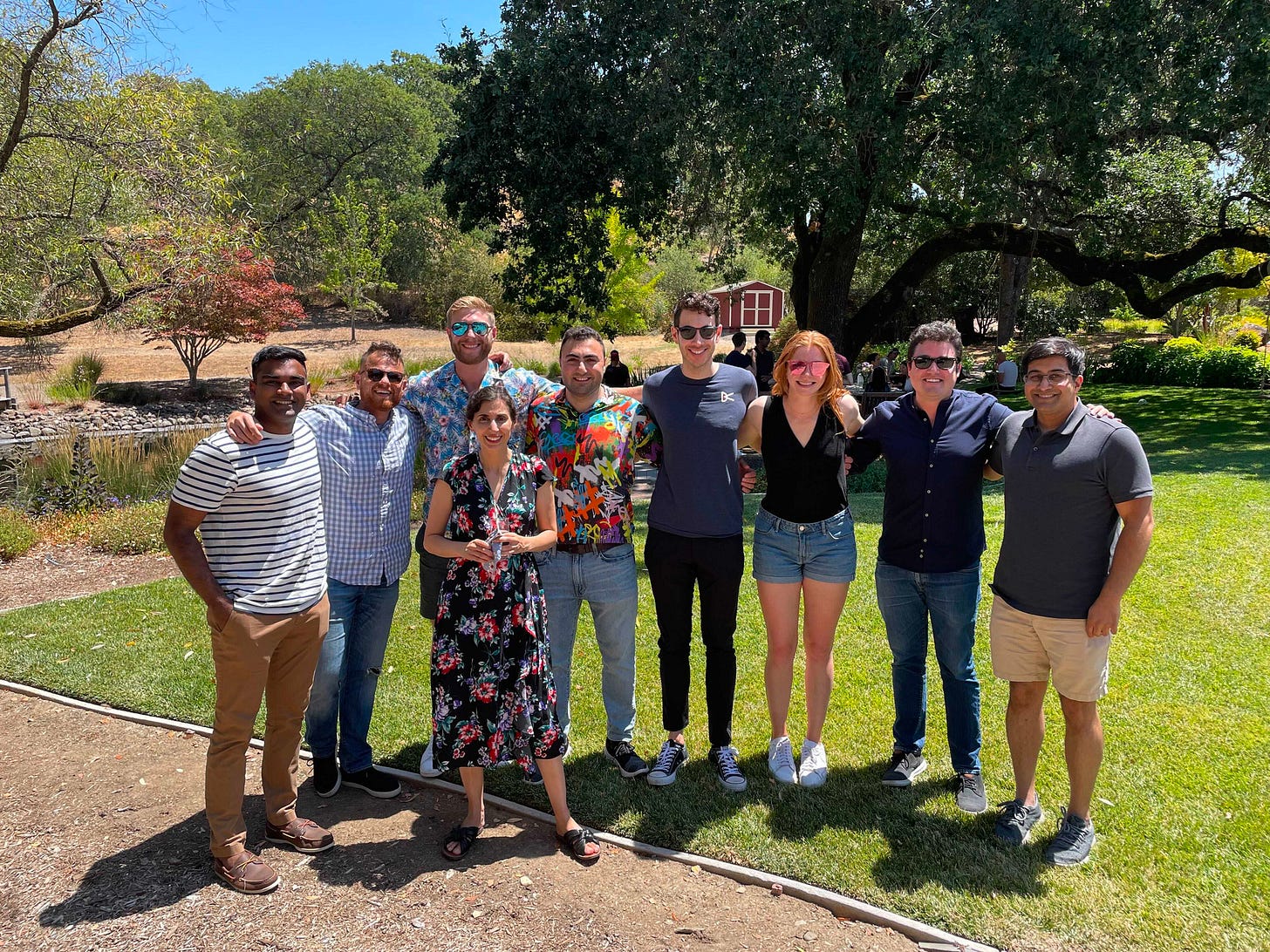
Coming up with business ideas in a vacuum is gut-wrenchingly hard.
You can spend a year on one stupid idea without realizing it’s not going to work.
You can overbuild. Under-build. Overwhelm yourself with millions of different possibilities and never actually ship anything. End up in a market you don’t actually care about.
Building a startup is hard. Building a startup alone is impossible.
The Founder Fellowship had a simple structure – every two weeks a team presented what they’ve been exploring, building, testing, and validating.
Our group of peers and investors gave feedback – asking hard questions, sharing experiences, and cheering the other teams on.
The benefits of this structure were that it allowed for exploration, while acting as a forcing function for forward (or backward) progress.
We also communicated a lot in Slack, and set up 1-1 calls with investors and other group members to dig into specifics.
I was paired up with Aditya for weekly calls as my primary mentor. Weekly calls with Aditya are equivalent to at least 4 espresso shots – he’s the highest energy and most inspirational dude I’ve worked with – I learned a lot.
I also spent a lot of time with Avichal – who’s not only one of the smartest people I’ve spent time with, but also incredibly kind and supportive. My secret goal for most of our Zoom calls was to ask a good enough question to have him opine on some random topic for the next 30 minutes.
The first 4 months of the cohort I spent proving out the project I was working on in the remote work space. My weekly calls with Aditya (and Bala + Finn) helped provide clarity on whether it was the right project to commit to.
There was no expectation that the project needed to be successful. If anything, I was given more licence to fail. If I didn’t get into the Founder Fellowship, I probably would have grinded my way to an ok business that I didn’t really want to build – and my life wouldn’t have been that great.
Aditya gave me the confidence to fail – which was a hard lesson to learn, even as someone who’s failed a lot. He’s also hilarious, inspirational, and just a good person who cares about his founders. Same goes to Finn, Bala, Ruchi, Mitra and the rest of the SPC team- they genuinely want their founders to succeed, but also to enjoy the ride.
Once it was decided that Holopod was not the project I wanted to commit to, I quickly found a buyer for that business and freed up my headspace for the next thing.
400k in funding before you have an idea is pretty remarkable.
Money is great, but what it symbolizes is almost more important.
Let me unpack that.
Even having made money in my last company, I didn’t have an abundant mentality. Frankly, I was scared to lose it. To invest in the wrong thing. The scarcity operating system I ran on for a decade was hard to upgrade.
I spent $200k of my own cash on my previous project, and that led me to really needing it to work. Forcing it to work.
Funding gave me the freedom to start thinking about it as “the money.” Instead of calculating every dollar of ad spend, I could be a little bit more free to experiment.
I paid myself a small base salary. I hired contractors for design, engineering work, and prototyping. I invested in paid ads.
Most of the cohort had a hard time spending the money, but even just knowing it’s there if you need it adds a layer of security that helps you make better, more abundant, decisions.
The caveat – if you take the money, you’re committed to the goal of building a venture backed startup. Not a consulting business, not a lifestyle business, not to get a job. You can take as much time as you need to figure out what venture backed startup you want to build, but the dynamics of a VC backed startup are unique.
I always thought the idea of a “Silicon Valley” network was overstated. Having bootstrapped my last business to millions in revenue and millions of users – what use would I have for a network?
A few of my best friends have also built Billion dollar+ companies, so I felt well connected. I was wrong.
The SPC crew is connected to literally everyone in technology, and by the definition of a network – you will be too. This is immensely helpful for introductions to investors, partners, and new hires.
It’s a huge level up that I’m just starting to realize the impact of. It’s the difference between playing in the NBA and the G-League.
All of the points above are specifically related to the Founder Fellowship.
Beyond just the fellowship, the SPC community is the best one I’ve been a part of.
I’ve met great friends (even some in Vancouver!) outside of the Fellowship.
The learning events were very inspirational – I got to interview Reid Hoffman, and personally ask Bryan Chesky and Sam Harris questions. That is really cool. Three people in the Fellowship met co-founders through the community.
The peer-led events are also extremely valuable, along with a super-responsive Slack community when you have any questions (from hiring to technology to sales). It’s the most impressive and helpful group of people I’ve worked with.
If you’re on the fence whether to take a $400,000 investment to work with amazing peers and accomplished mentors to explore what your life’s work might be – I’ll conclude with my favorite Shakespeare quote:
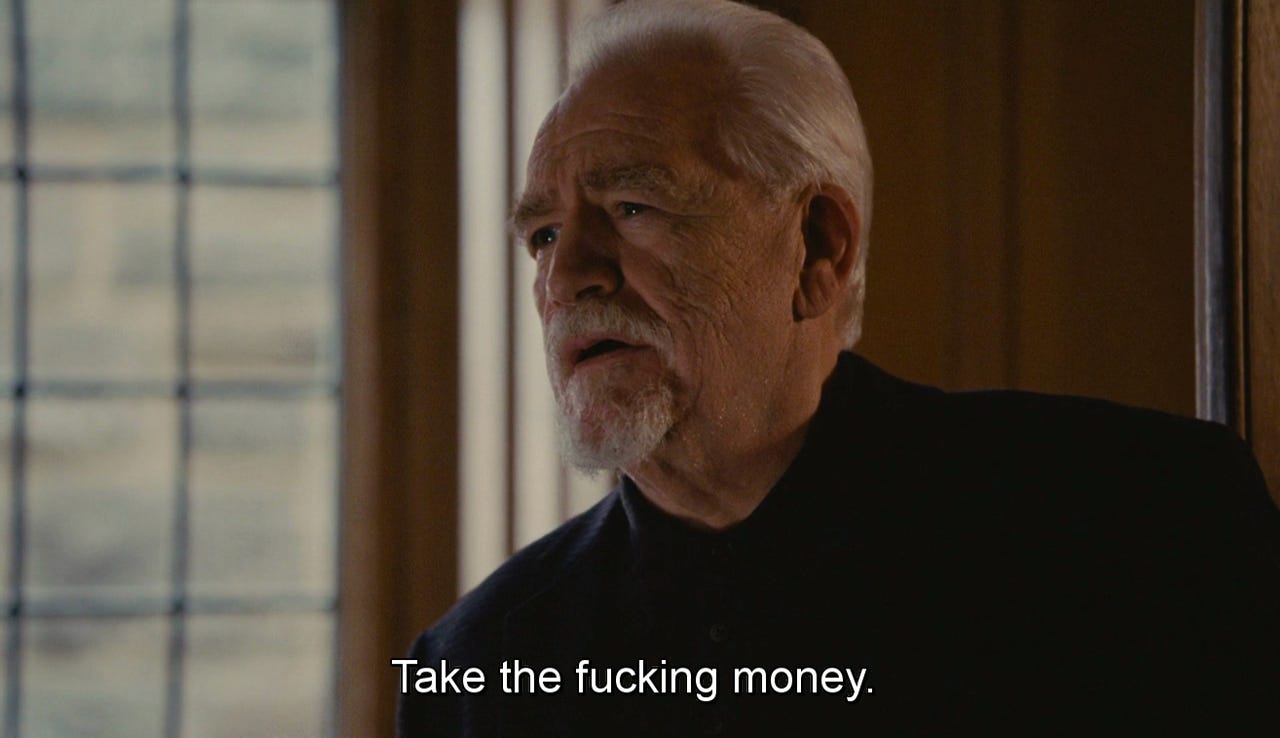
SPC Founder Fellowship applications are open. You should apply.





